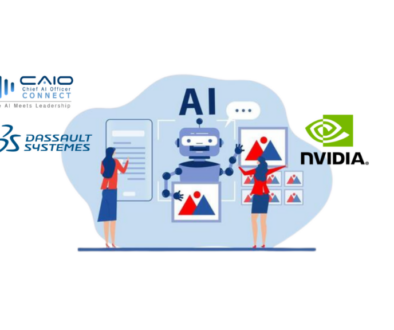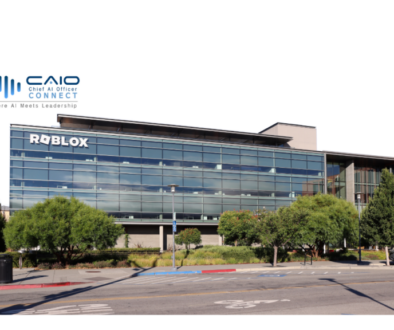India’s AI Revolution: The Rise of Chief AI Officers
The artificial intelligence landscape in India is undergoing a dramatic transformation, and it’s being led from the top. According to a groundbreaking study by the IBM Institute for Business Value, Indian enterprises are making unprecedented commitments to AI leadership, with 67% planning to appoint Chief AI Officers (CAIOs) within the next two years. This strategic shift signals India’s serious intent to not just participate in the AI revolution but to lead it.
The CAIO Advantage: More Than Just a Title
The numbers tell a compelling story. Currently, only 25% of Indian enterprises have a dedicated CAIO, but this figure is set to nearly triple in the coming years. Why the rush? Organizations globally that have appointed CAIOs are seeing tangible results, with a 10% higher return on investment on AI spend compared to those without dedicated AI leadership. This isn’t just about having someone oversee technology projects; it’s about creating strategic alignment between AI initiatives and business outcomes.
What makes this particularly significant for India is the level of executive support these CAIOs are receiving. An impressive 77% of Indian CAIOs report strong C-suite backing, including 67% who have direct CEO support. Moreover, 60% report directly to either the CEO or Board of Directors, ensuring AI strategy remains a boardroom priority rather than a backroom IT initiative.
From Pilots to Production: The Indian Approach
Indian CAIOs are distinguished by their hands-on approach to AI transformation. The study reveals that 70% of Indian CAIOs are responsible for defining their organization’s AI strategy, while 57% are directly involved in both developing change management strategies and directing AI implementation. These figures run approximately 10 percentage points higher than global averages, suggesting Indian enterprises are moving more aggressively from experimentation to execution.
The technical credentials of Indian CAIOs reinforce this execution focus. Seventy percent come from data backgrounds, 73% from technology roles, and 50% bring innovation expertise to the table. This combination of technical depth and strategic vision positions them uniquely to bridge the gap between business objectives and technological capabilities.
Notably, Indian CAIOs are also taking ownership of the human element of AI transformation, with 43% overseeing upskilling initiatives and 37% managing reskilling programs. This holistic approach recognizes that successful AI adoption requires not just the right technology but also a workforce prepared to leverage it effectively.
Optimism Meets Opportunity
Perhaps most encouraging is the confidence Indian CAIOs express about implementation. Only 18% find AI deployment very difficult, compared to 30% globally. This optimism is matched by financial empowerment, with 60% controlling their AI budgets, ensuring accountability and agile decision-making.
While 67% of Indian organizations remain focused on AI pilots, the combination of strong leadership support, strategic orientation, and technical expertise creates a robust foundation for scaling AI adoption. As Viswanath Ramaswamy, Vice President of Technology at IBM India & South Asia, notes, CAIOs are not just bridging business and technology but setting strategic direction and maintaining team alignment around shared goals.
The appointment of CAIOs represents more than an organizational chart update; it’s a fundamental recognition that AI requires dedicated, empowered leadership to deliver sustainable competitive advantages. For Indian enterprises, the race to appoint CAIOs isn’t just about keeping pace with global trends—it’s about establishing India as a frontrunner in the AI-driven economy of tomorrow.



